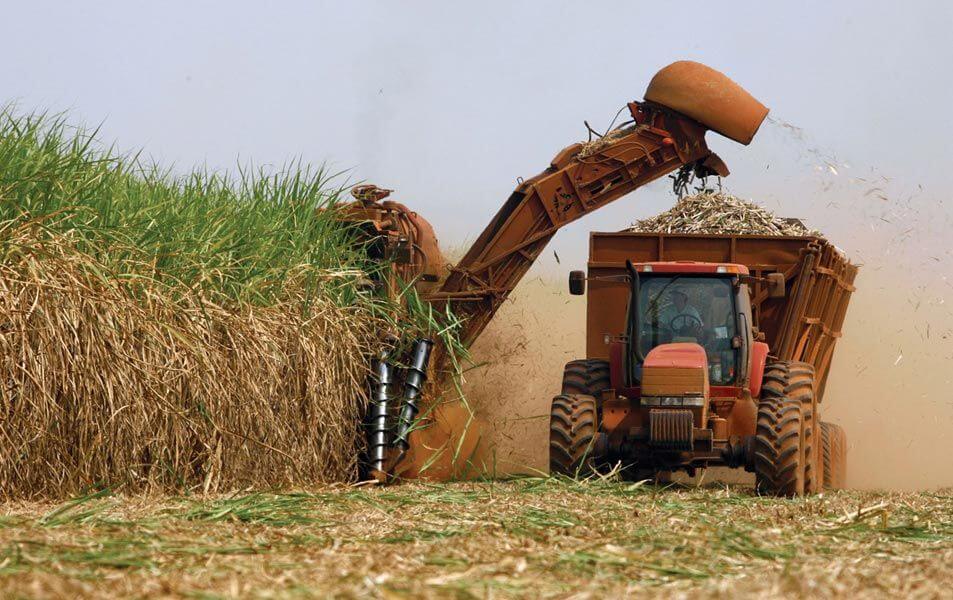Hippo revenue jumps 21pc
Sugar processor — Hippo Valley Estates revenue for the half year to September 30, 2020 rose 21 percent to $6,9 billion driven by export earnings.
Industry export sales recorded a 43 percent growth to 67 000 tonnes for the period under review despite a temporary suspension of sugar imports by Kenya in June 2020.
This comes as Hippo’s total sugar production marginally went down by 2,7 percent to 147 960 tonnes compared to 152 076 tonnes recorded during the same period last year, which was in line with the reduced total cane deliveries to the mill amounting to 1 204 140 tonnes.
According to the group, cane deliveries amounted to 744 672 tonnes, which was 2,4 percent below prior year figures of 763 386 tonnes. Private farmers collectively delivered 427 831 tonnes, a decrease of 9 percent while deliveries from Green Fuel amounted to 31 637 tonnes.
Sugar sales went down 5 percent to 110 671 tonnes compared to same period last year.
Hippo accounted for 49,8 percent of total industry sugar sales volume of 225 000 tonnes for the six months period under review.
Overall industry local sales of sugar declined by 13,7 percent to 158 000 tonnes due to measures taken by the industry in the early part of the financial year to minimise speculative trade and illegal exports to neighbouring countries.
“Such practices are common in hyperinflationary environments as some traders capitalise on pricing distortions on account of exchange rate differentials. Consumer spending power came under pressure as salary and wage adjustments in the country generally lagged behind inflation,” said chief executive officer Aiden Mhere in a statement accompanying the group’s financial results.
Industry cane quality for the period was lower than the prior season resulting in a cane to sugar ratio of 8.14 (2019: 8.11).
Mhere said initiatives to restore cane yields to optimal levels are on-going, with about 1 370 hectares scheduled to be replanted by March 31, 2021.
During the period under review, operating profit and profit for the period decreased by 16 percent to $2,6 billion and by 29 percent to $996 million respectively.
This was attributed to a fair value loss on cane biological assets of $886 million compared to a gain of $604 million in the same period last year.
Excluding the non-cash impact of biological asset valuations and depreciation, earnings before interest, tax, depreciation and amortisation (EBITDA) improved by 37 percent as the company benefited from prudent management of costs and the positive impact of forward purchasing of key inputs in a hyperinflationary environment.
At 515,9 cents, basic and diluted earnings per share were 30 percent below comparable prior year period.
Net operating cash flow after interest, tax and working capital changes was $244 million from $741 million driven by increased cash consumed in working capital as the company tied up cash in critical stocks and prepayments to hedge against hyperinflation.
According to the group, a total of $70 million capex was during the period compared to $64 million from the same period last year.
By close of the period, Hippo had a net cash balance of $576 million compared to a net cash balance of $270 million in the previous corresponding period.
Despite the adverse effects of Covid 19 on the economy and local industry, management remains upbeat the Zimbabwe sugar industry is well positioned to be one of the most competitive in the region.
As such, the group’s focus remains on ensuring fulfilment of local market requirements while growing export sales in regional premium markets to generate additional foreign currency to fund foreign input costs.
Hippo declared an interim dividend of 121 cents a share.-ebusinessweekly.co.zzw









